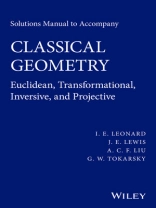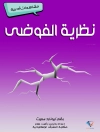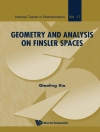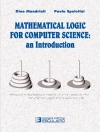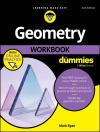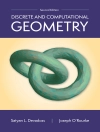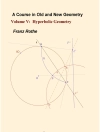Solutions Manual to accompany Classical Geometry: Euclidean, Transformational, Inversive, and Projective
Written by well-known mathematical problem solvers, Classical Geometry: Euclidean, Transformational, Inversive, and Projective features up-to-date and applicable coverage of the wide spectrum of geometry and aids readers in learning the art of logical reasoning, modeling, and proof. With its reader-friendly approach, this undergraduate text features self-contained topical coverage and provides a large selection of solved exercises to aid in reader comprehension. Material in this text can be tailored for a one-, two-, or three-semester sequence.
表中的内容
Part I Euclidean Geometry
1 Congruency 3
2 Concurrency 11
3 Similarity 17
4 Theorems of Ceva and Menelaus 27
5 Area 31
6 Miscellaneous Topics 43
Part II Transformational Geometry
7 Euclidean Transformations 57
8 The Algebra of Isometries 69
9 The Product of Direct Isometries 81
10 Symmetry and Groups 97
11 Homotheties 107
12 Tessellations 117
Part III Inversive and Projective Geometries
13 Introduction to Inversive Geometry 127
14 Reciprocation and the Extended Plane 137
15 Cross Ratios 145
16 Introduction to Projective Geometry 153
关于作者
I. E. LEONARD, PHD, is Lecturer in the Department of Mathematical and Statistical Sciences at the University of Alberta, Canada. The author of over fifteen journal articles, his areas of research interest include real analysis and discrete mathematics.
J. E. LEWIS, PHD, is Professor Emeritus in the Department of Mathematical Sciences at the University of Alberta, Canada. He was the recipient of the Faculty of Science Award for Excellence in Teaching in 2004.
A. C. F. LIU, PHD, is Professor in the Department of Mathematical and Statistical Sciences at the University of Alberta, Canada. He has authored over thirty journal articles.
G. W. TOKARSKY, MSC, is Faculty Lecturer in the Department of Mathematical and Statistical Sciences at the University of Alberta, Canada. His areas of research interest include polygonal billiards and symbolic logic.
